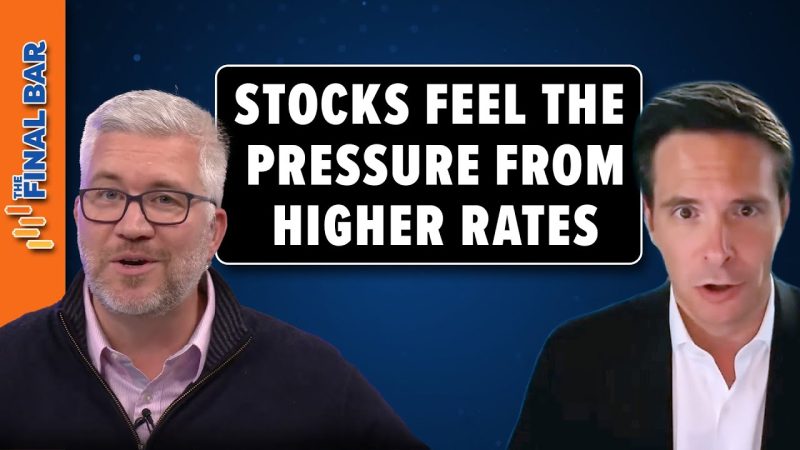Stocks around the world have been feeling the pressure as global markets brace for the effects of higher interest rates. Central banks across the world have been raising their respective benchmark interest rates in order to keep inflation in check. While this is a necessary measure, it has caused stock markets to pull back in recent years. With the U.S. Federal Reserve increasing its benchmark rate multiple times over the past few years, and with other central banks following suit, it is clear that the borrowing costs for companies have been rising.
The uncertainty surrounding higher rates has led to a period of volatility in the stock market. Investors have become more wary of taking risks, as higher borrowing costs have made it more expensive for them to acquire funds. This in turn has resulted in investors being more inclined to stay away from investing in stocks that come with higher risks. As a result, stock prices have remained depressed even as other economic indicators appear to be positive.
Moreover, a prolonged period of higher rates could lead to market stagnation. This is because companies may opt not to invest in new projects if they do not see a potential return on investment, resulting in a decrease in productivity. In addition, higher borrowing costs can affect consumer spending, as any increases in interests are usually passed onto consumers through higher loan costs. This could have a dampening effect on overall economic growth.
Ultimately, the impact of higher interest rates on the stock market can be quite significant. While monetary policy makers prioritize curbing inflation, investors must remain vigilant in monitoring their investments. stock markets around the world, especially in the U.S., may face further volatility in the coming months as central banks hike their benchmark rates further. Therefore, investors should be prepared for the potential consequences that could arise from the current economic conditions.

